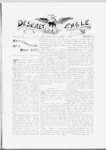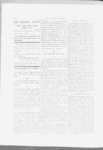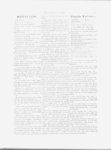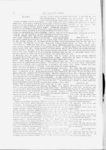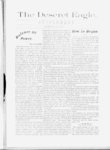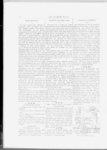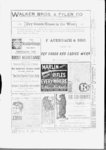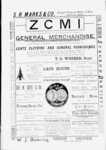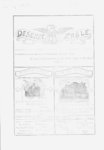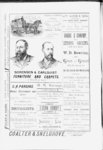University of Deseret Deaf Mute Department Student Newspaper | 1892-04-01 | Page 5
| Type | issue |
| Date | 1892-04-01 |
| Paper | University of Deseret Deaf Mute Department Student Newspaper |
| Language | eng |
| City | Salt Lake City |
| County | Salt Lake |
| Category | School |
| Rights | No Copyright - United States (NoC-US) |
| Publisher | Digitized by J. Willard Marriott Library, University of Utah |
| ARK | ark:/87278/s66745vk |
| Reference URL | https://newspapers.lib.utah.edu/ark:/87278/s66745vk |
Page Metadata
| Type | page |
| Date | 1892-04-01 |
| Paper | University of Deseret Deaf Mute Department Student Newspaper |
| Language | eng |
| City | Salt Lake City |
| County | Salt Lake |
| Category | School |
| Page | 5 |
| Reference URL | https://newspapers.lib.utah.edu/ark:/87278/s66745vk/29694708 |
